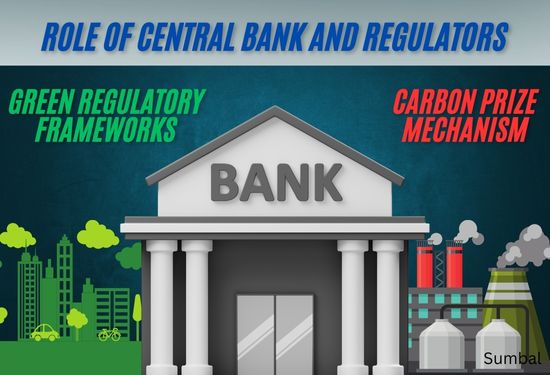In the shadow of the traditional financial system, a new paradigm is emerging that challenges the very foundation of banking, lending, and investing: Decentralized Finance (DeFi). Rooted in blockchain technology, DeFi represents a shift towards an open, global, and accessible financial system, designed for the digital age. This article delves into the core of DeFi, exploring its mechanisms, the potential it holds for democratizing finance, and the challenges it faces in reshaping the financial landscape.

The Genesis of DeFi
DeFi is built on the principles of blockchain technology, utilizing smart contracts on platforms like Ethereum to execute financial transactions and agreements automatically, without the need for intermediaries. This innovation offers a glimpse into a world where financial services are not controlled by centralized institutions but are instead governed by protocols and algorithms, accessible to anyone with an internet connection.
The Mechanics of DeFi
At its core, DeFi leverages decentralized applications (dApps) to provide a wide array of financial services, including lending, borrowing, trading, investment, and insurance. Unlike traditional banking, where access to financial products is often gated by credit scores and financial history, DeFi platforms operate on an open and permissionless basis, offering services based on collateralization and algorithmic trust.
Empowering Financial Democracy
DeFi's most significant promise lies in its potential to democratize access to financial services. By removing intermediaries, reducing costs, and increasing transparency, DeFi platforms can offer higher yields on investments and savings, lower interest rates on loans, and inclusive access to a global financial system. This shift not only challenges the monopoly of traditional banks but also opens up opportunities for individuals in unbanked and underbanked regions to participate in the economy.
Navigating the Challenges
Despite its revolutionary potential, DeFi is not without its challenges. The nascent ecosystem has been plagued by issues of security, scalability, and regulatory uncertainty. High-profile hacks and scams have raised concerns about the security of funds in the DeFi space, while the complexity and lack of user-friendly interfaces hinder widespread adoption. Furthermore, the absence of clear regulatory frameworks for DeFi poses risks to consumers and could potentially stifle innovation if not addressed thoughtfully.
The Road Ahead
As DeFi continues to evolve, it stands at the crossroads of innovation and regulation. The development of more secure, scalable, and user-friendly platforms, coupled with constructive regulatory engagement, will be crucial in realizing DeFi's potential. Moreover, the integration of DeFi with traditional finance (TradFi) could pave the way for a hybrid financial system that combines the best of both worlds, offering robustness, efficiency, and inclusivity.
DeFi represents not just a technological advancement but a reimagining of financial systems to be more open, equitable, and resilient. As we venture into this new frontier, the journey of DeFi will undoubtedly be one of the most fascinating narratives in the evolution of finance.





